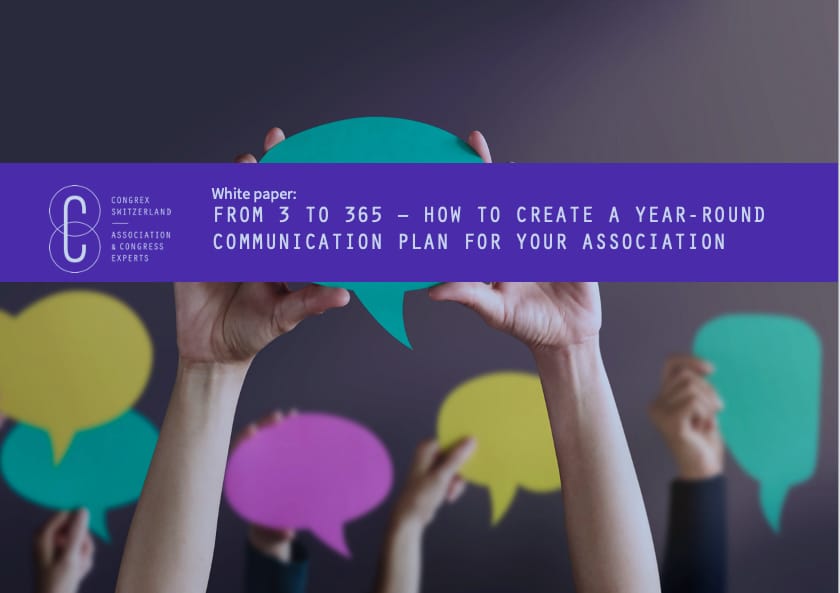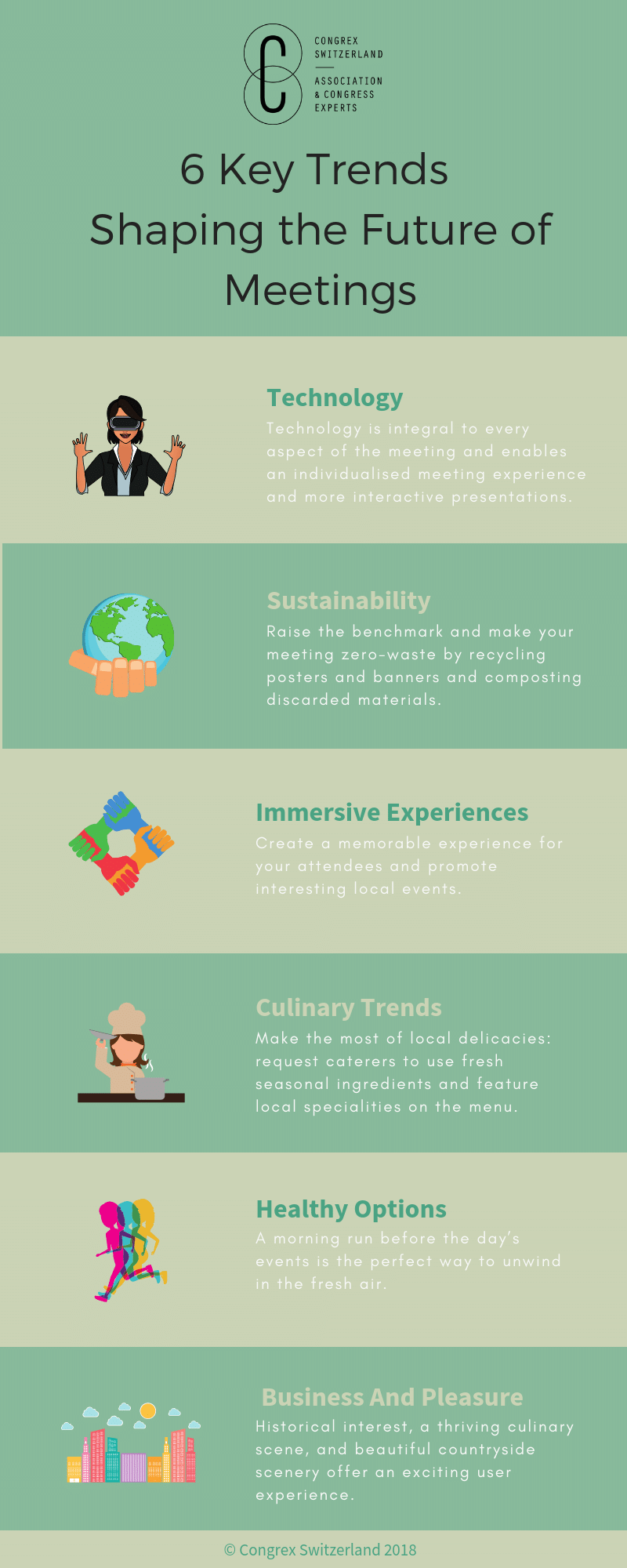Event Marketing for modern PCOs. A few months ago, we published a blog update on the role of professional conference organisers. The essential premise was the need for Professional Conference Organisers (PCOs) to quickly adapt to change, whether change comes from client needs or technological advances.
Later in the article, we highlighted six services that 21st-century conference organisers must offer to stay ahead. We will examine each of those services in detail in future articles. In today’s blog post, it is now time to turn our attention to event marketing.
Why Update Event Marketing Services
Getting an event marketing strategy right entails investing time and resources. Understandably, some event organisers prefer to stick to what they know and rarely update their marketing approach.
Different marketing techniques can help set brand and voice with an expertly crafted message attuned to the interests of sponsors, association members, and potential delegates. The following section will look at two high-priority marketing areas that professional conference organisers need to be familiar with.
Multi-Channel Marketing
“Go where your target audience goes” is a fundamental marketing premise. Professional event organisers have always known the importance of this principle. But nowadays, PCOs are faced with an additional challenge: event delegates are no longer found in a single place but in multiple virtual environments. In this scenario, multi-channel marketing becomes invaluable.
For example, an industry event will interest professionals who may gather virtually on online platforms like LinkedIn. Established medical conferences usually have a hashtag that previous years’ attendees follow on Twitter or LinkedIn.
RELATED: Online Learning And Member Engagement For 21st Century Associations
We must not forget that although social media is now part of everyday life, other channels still need to be targeted. This is the case of event email marketing, which has high open and click-through rates. Most people check their emails every day – but they also leave them unread or delete them if they aren’t relevant.
Other areas to deliver value through content could include:
- Advertising in popular industry-specific podcasts.
- Guest blogging.
- Video content posted to the event’s website.
Where possible and depending on Covid restrictions, it is also useful to reinforce online marketing channels with more conventional options, such as:
- Promotion at other events targeting the same audience.
- Promotional events in the cities where the target groups are located.
Multi-channel content creation helps leverage the most appealing aspects of an event and strategically plant them across every touchpoint. This can boost both the quantity and quality of engagement and generate buzz around an event.
RELATED: Why Non-Profits use Consultants?
Data Analytics
Information about past events can yield crucial insights to help organisers understand better what delegates and sponsors want. But having more data is not an automatic guarantee of success. In fact, handling large amounts of event data can create additional work and put pressure on resources, negating the potential benefits.
What PCOs need is a data-driven marketing strategy that supports themselves on expertly managed data analytics. Using dedicated software and automation tools that can yield data and offer tools for analysing facilitates this strategy. Automation can support event marketing strategies through personalisation, lead nurturing, campaign measurability, and audience engagement, among other things.
RELATED: Towards A New Understanding Of Hygiene And Infection Prevention
Precise analytics tools can help Professional Congress Organisers determine the performance of different marketing channels. This is possible through extended reporting functions that cover areas like attribution, conversion rates, visibility, mentions, and each channel’s contribution to ROI. In short, analytics and reporting tools give PCOs a solid foundation and provide their clients peace of mind.
Conclusion
As we move further into an era of change, it becomes imperative for PCOs to be actively involved in event marketing strategies and their evaluation instead of delegating these tasks to third parties. Multi-channel content, detailed data analytics, automation, and extended reporting are critical to brand building, delegate engagement, and event ROI.
Being conversant with the latest technologies and strategies can also help deliver a more consistent experience and portray the event and its organiser as future-forward, with all the positive connotations that entail.
At Congrex we embrace the new role of professional conference organisers and are always ready to help our clients meet objectives that boost their short-term goals and long-term vision. Get in touch to discuss how we can help plan your next event.
RELATED: 10 Actionable Steps for Organising a Science Conference
——
Congrex Switzerland is an internationally operating agency delivering customised solutions. This encompasses the overall organisation of conferences and meetings, including the management of hotel rooms and strategic consultancy. Annually Congrex Switzerland organises approximately 45 events with over 73’000 delegates. Amongst our clients are international associations, governmental organisations and corporations.








